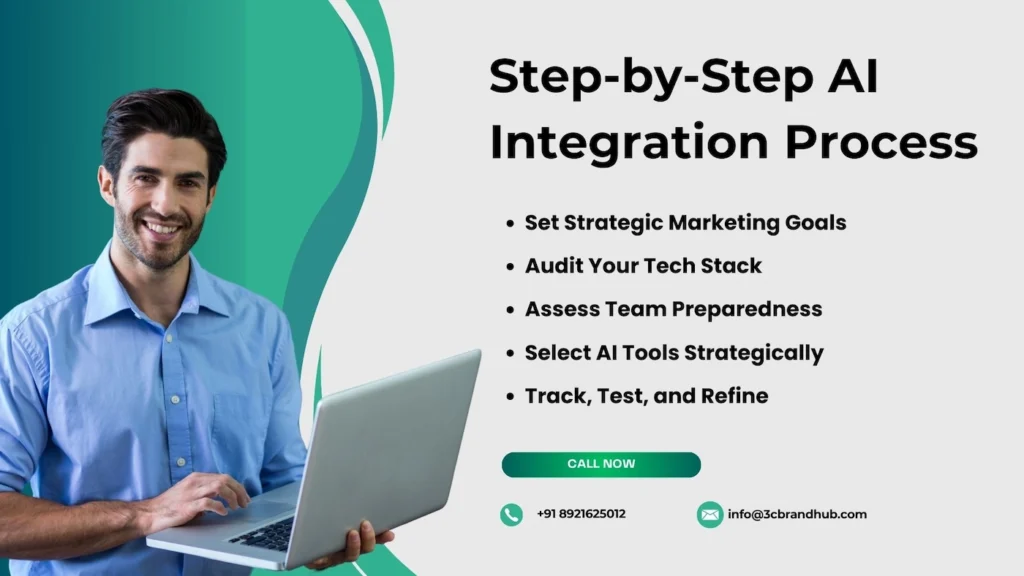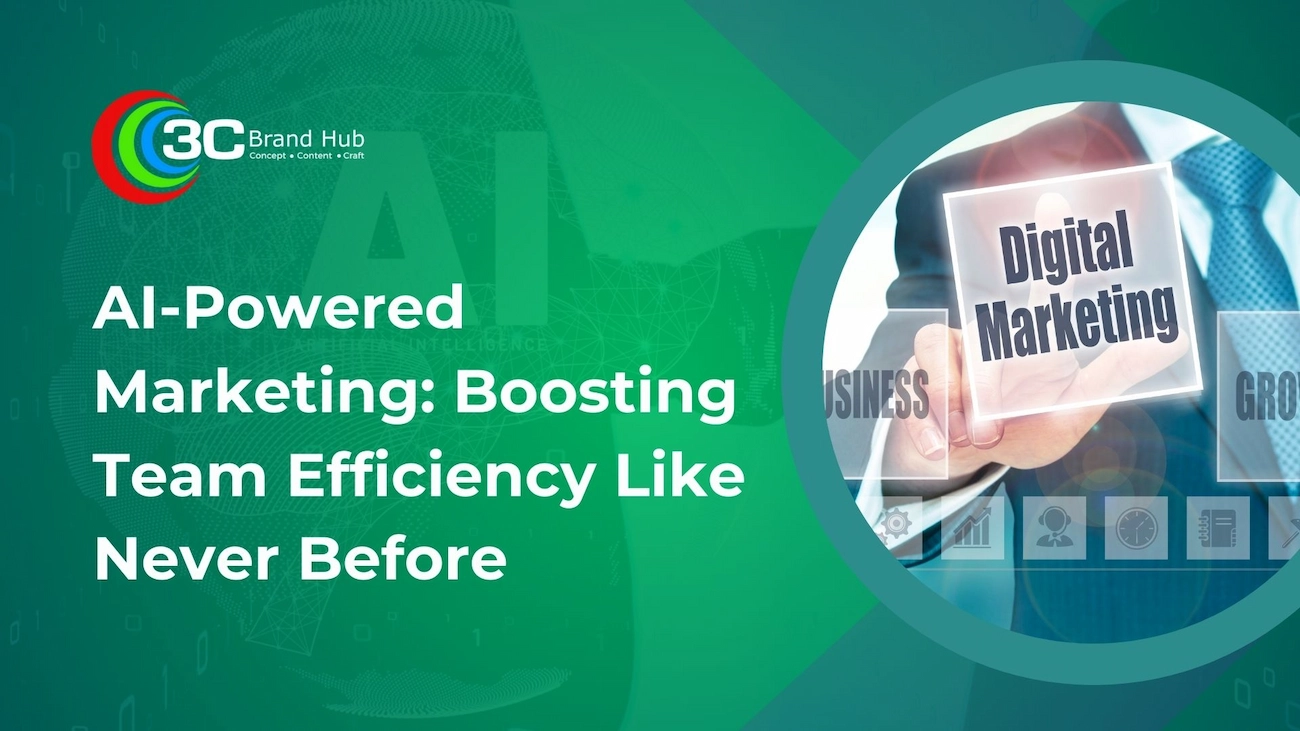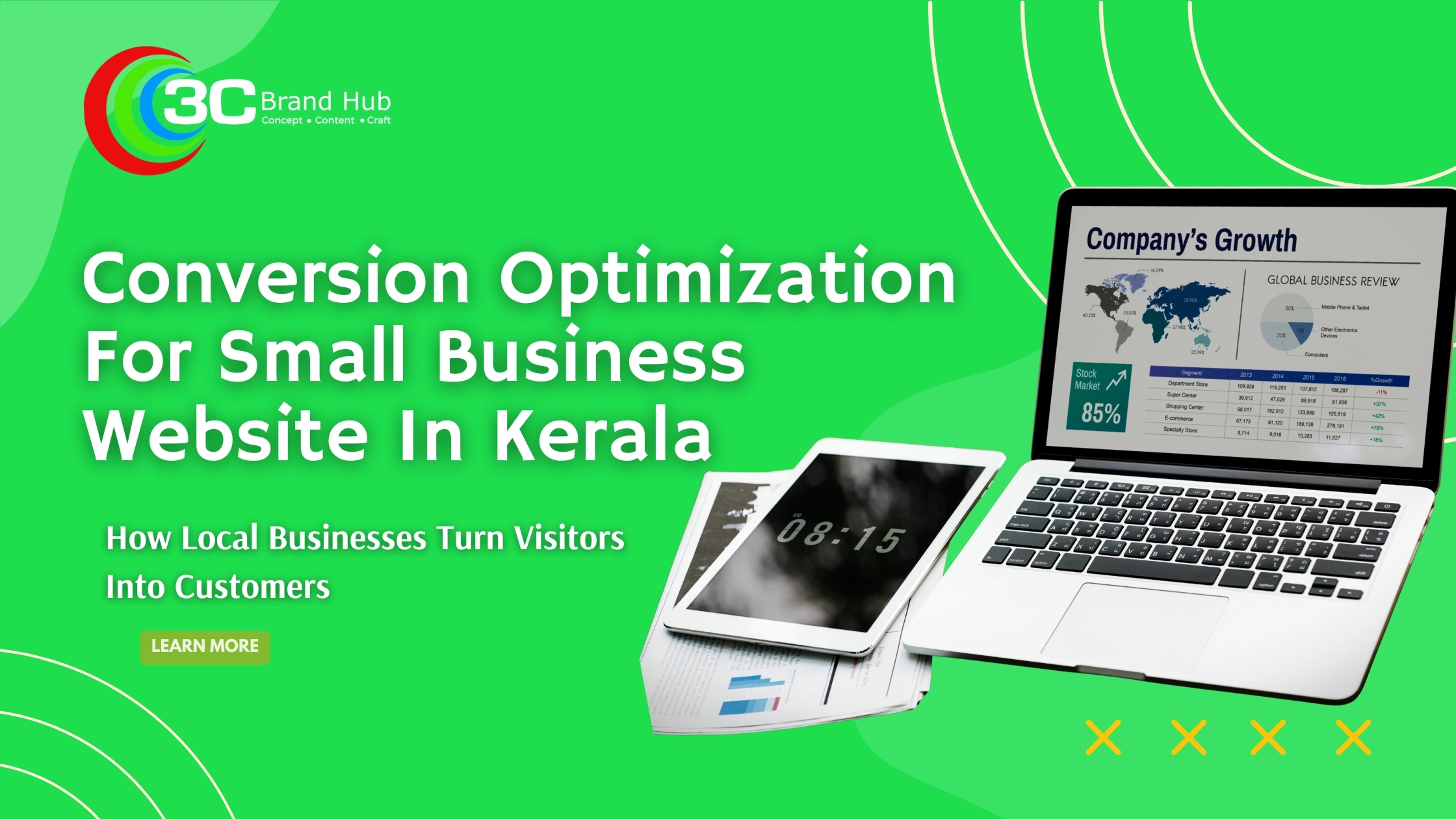If someone said digital making could be shaped by AI (Artificial Intelligence) a few years ago, you wouldn’t believe it. We all thought that digital marketing was all about the creative insights from human experts based on their interaction with human experiences. But today, the role of AI in digital marketing is beyond our imagination. From making meaning of customer feedback to Predictive Analytics to content outlining to SEO, AI influences diverse aspects of digital marketing. Curious to learn more? This blog covers everything you wanted to know.
Tracing the Rise of AI in Digital Marketing
Today, we see a vast number of AI-powered marketing tools. For diverse aspects of digital marketing like social media automation, customer segmentation, campaign optimisation and content generation, these tools are being used. As we learn about the role of Artificial Intelligence in digital marketing, it is both interesting and timely to trace its starting and evolution over time.
- Basic tools of AI in marketing workflow started to emerge in the early 2010s.
- By the Mid-2010s, AI-powered email personalisation and segmentation options were available.
- By the late 2010s, chatbots began handling customer support quite effectively without needing human intervention.
- 2020s onwards, AI tools for marketing productivity rose like predictive analytics, real-time analytics, lead generation and more.
Key Tactics for Increasing Productivity with AI Tools in Digital Marketing
As someone new to understanding the role of AI in digital marketing, you might be curious to learn how to use AI in digital marketing. The truth is that there is no single framework or method. AI for digital marketers is a vast ocean that one can navigate in countless ways, including:
Content Creation:
Since 2020, there is probably no digital marketer who hasn’t tried to learn how to leverage artificial intelligence in content creation. Here are some tools and methods to use AI for content curation and creation purposes.
- Natural Language Processing (NLP) tools like Chatgpt can be used for content planning, outlining and curation.
- Jasper.ai is an advanced AI tool exclusively designed to help marketing teams. Digital marketers can create content that builds brand awareness with the help of this tool.
- Grammarly, with its advanced AI-backed features, could help in curating and refining the content for better readability and engagement.
Marketing Operation Expedition:
The impact of AI on digital marketing teams is felt today like never before. Machine learning algorithms are effectively utilised today for marketing automation. Here are a few ways in which AI and marketing teams can work together and expedite the overall processes.
- Marketing teams can invest in Google Ads (AI-powered recommendations) for lead generation.
- Advanced AI tools like HubSpot AI are helpful in a lot of ways, like Chatbots and Live Chat, email marketing, content creation, etc.
Customer Experience Optimisation:
For marketing teams, knowing their target audience’s User Experience (UX/UI) used to be a complicated challenge, as there were no proper mechanisms other than manually collecting data around it. In this regard, the role of AI in digital marketing is immense.
- AI can help in analysing behaviour patterns of customers and thereby improve strategies for user interactions
- By collecting and integrating real-time customer data, marketing teams can personalise customer experiences.
- Tools like Salesforce Einstein help integrate artificial intelligence into CRM and predict customer preferences.
Advanced Data Analysis for Campaign Optimization:
The effectiveness of digital marketing campaigns is greatly influenced by companies' use of AI features. An AI digital marketing agency could leverage marketing campaigns for smarter targeting.
- Marketing automation using AI help make adjustments based on trends.
- Optimizes ad placements using intelligent bidding and timing algorithms
- Segments target audiences based on evolving behavioural trends
How To Use AI In Digital Marketing – Step-by-Step Guide
Having seen how AI boosts productivity in digital marketing campaigns, let’s see how to go about it in a step-by-step manner so that businesses can implement it effectively.

Define Clear and Achievable Marketing Objectives:
To begin with, you need to have a clear roadmap as to what you want to achieve in digital marketing with the incorporation of AI. A quick market study of how businesses across industries leverage AI for their marketing goals would let you figure this out. When you set the goals, make sure that they are realistic, achievable and most importantly, aligned with your business’s vision.
Assess Your Available Digital Infrastructure:
Does integrating AI into your marketing require extensive investments, or can you leverage your existing tools and resources effectively? Make an assessment. When you assess, keep your priority on areas that give you maximum impact on customer engagement, ROI, and automation and workflow optimisation.
Analyse Your team’s AI Capabilities and Readiness:
To implement AI effectively into your marketing undertakings, you essentially need to have a team that is ready to adopt it. How ready is your team? By making your folks fully aware of how AI helps marketing teams work faster, they could embrace new tools and thus have a better grasp of the transformative role of AI in digital marketing.
Shortlist the Most Suitable AI Tools that Work:
If there were only a few tools like SEMrush AI features and Hootsuite (with AI automation) earlier when people seriously started to research the role of Artificial Intelligence in Digital Marketing, today, there are countless options, each catering to specific marketing needs. Depending on what works best for your business’s goals and objectives, select the right tools.
Regularly Monitor AI Impact and Optimize:
Once you start using AI for your marketing, such as brand identity creation, target audience segmentation, and various other personalisation efforts, don’t stop right there. Keep track of the progress and adjust or optimise your current approach from time to time. Continuous refinement brings maximum efficiency.
Key Roadblocks in Using AI in Digital Marketing
Don’t assume that using AI in digital marketing works as simply or effortlessly as giving a command in an AI tool like Chatgpt and getting the responses. The result depends on how meticulously and insightfully you leverage the AI capabilities. Here are some critical roadblocks in this process.
Deprivation of Human Creativity:
Marketing, whether conventional or digital, is shaped by human emotions and thus human creativity plays a very important role. Too much dependence on AI could result in the deprivation of human creativity in it and thus affect marketing personalisation.
Huge Initial Investment Cost:
To start using AI effectively in digital marketing, you need to have a capable team well-versed in AI tools and also a license or subscription to use advanced AI tools. Both of which require a huge amount of money, which most businesses don’t have a budget for.
Ethical Concerns:
AI raises several ethical concerns in the marketing context. For instance, how reliable is AI-generated marketing content? Do they really address the pain points of customers? As one investigates the role of AI in digital marketing, these questions essentially need to be addressed.
Unreliable Performance of AI:
Although AI is quite advanced today, it is still evolving. Hence, there is a huge degree of inconsistency with the responses or solutions AI tools provide. When it comes to digital marketing, inconsistency cannot be taken for granted. As of now, AI can only be used as a supplementary aid alongside human expertise.
Conclusion
The role of AI in digital marketing is unprecedented today. Any business that shies away from embracing it is likely falling behind.
We believe you could get a clearer picture of how AI could transform marketing outcomes.
Got more questions about the role of artificial intelligence in digital marketing? Feel free to write to us in the comments.
At 3c Brand Hub, one of the leading digital marketing agencies in India, we take pride in being a pioneer in embracing AI for digital marketing. Blending the unique capabilities of AI with the finest human creativity and input, we are creating a new chapter in AI-powered digital marketing transformation. With our headquarters located in Kerala’s commercial capital of Kochi, we are serving clients all over India and every district of Kerala – Calicut, Kottayam, Trivandrum, Thrissur, and more
FAQ
Will AI replace human contribution in digital marketing?
No. While the role of AI in digital marketing is increasing rapidly, it is not going to replace human involvement. Customer experience comes at the heart of every marketing initiative. As long as customers are human, human involvement is essential in marketing.
Which AI technology can I use for ad targeting?
There are a variety of AI tools which can be helpful in targeted advertising. Machine learning algorithms, for instance, can help in analysing human behaviour and predict trends based on which companies can target their paid ads.
How can I make the best use of AI tools in digital marketing?
To make the best use of AI in your digital marketing, we highly recommend that you hire an authorised digital marketing agency that specialises in AI. It is much more cost-effective and result-driven than having an in-house digital marketer plus subscribing to costly AI marketing automation tools.
To what extent can AI help in increasing digital marketing productivity?
AI can significantly improve productivity in digital marketing than doing it solely relying on human skills. For instance, it can automate repetitive tasks, optimise content delivery, personalise customer experiences, and make real-time insights for expedited decision-making.






